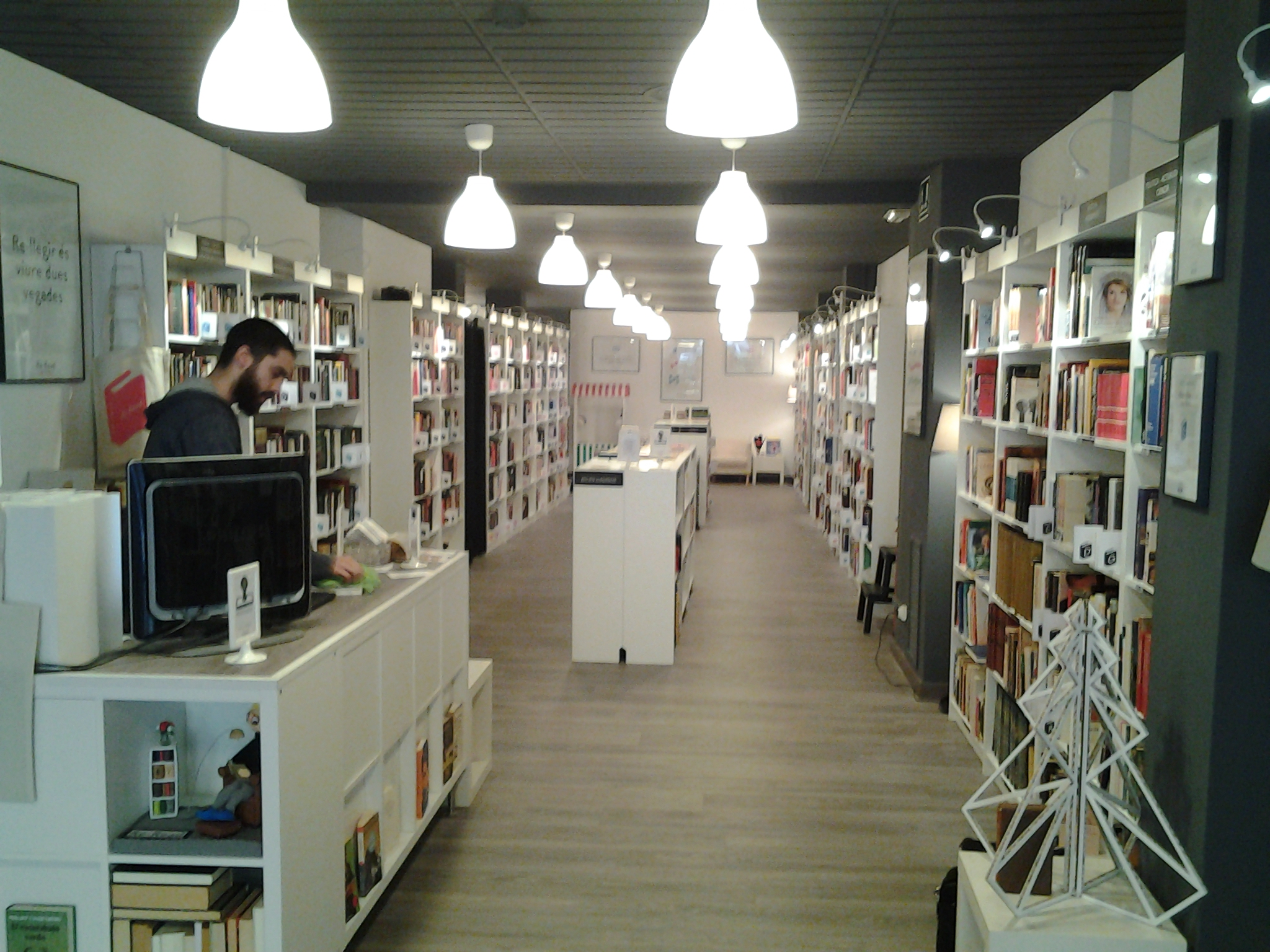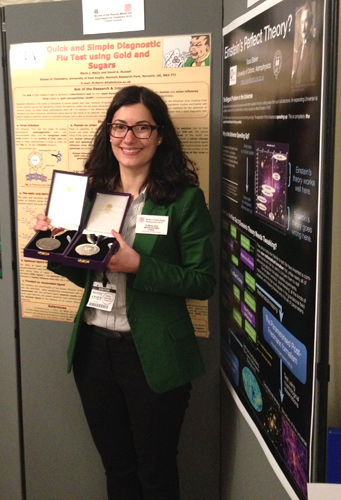Are digital devices at School a good idea or not?
Here are some thoughts on the educational efficacy of New Technologies from the British school Caxton College, after a decade of using them in the classrooms.
Should we allow the use of mobiles and iPads in schools, or veto them completely as decreed by Emmanuel Macron, President of our nearest neighbour, France? The use of mobile devices in schools and colleges is a topic currently being hotly debated all across Europe, and influenced by the decision of the French, other countries are now considering whether New Technologies really improve learning in schools. In Spain, for example, although the public debate is still open, the Plan for Digital Culture in Schools put forward by the Department of Education & Professional Training is seeking to improve both students’ and teachers’ training, by supplying educational centres with digital media.
Good use of Technology
In this context, and in an increasingly global society, the Valencian pioneering centre in education 2.0, Caxton College, has been investing in the inclusion of technology as part of school life since 2008, with its digital project, One to One.
“Our main objective is to ensure that our students are competent in the use of Information Technology, developing a wide range of skills whilst familiarising themselves with the advantages that these have to offer,” explains Cristina Pérez, the Secondary Psychologist. However, “for us, it is vitally important for our students to be aware of all aspects of using New Technologies. The internet, for example, is a fantastic tool with which to broaden our knowledge, but they must also be fully conscious of the risks and problems involved with this medium, and know how to select quality information,” she stresses.
The school itself has set out an annual programme of activities to encourage proper use of technology, as well as educating and preventing students from suffering the consequences of its wrongful use. Meetings with agents from the cybernetic unit of the Guardia Civil, educational talks for parents carried out by the school’s ICT department or workshops on cyberbullying organised by the ICT department working with the “Tech-Team” all help to increase student awareness of the risks that can go hand-in-hand with the use of a mobile or an iPad.
“It is better to educate than to forbid. Our duty is to train our students as efficiently as possible, and in line with the professional reality that they will be facing all too soon. New Technologies are here to stay, which is why we have to teach the students how to use them responsibly and effectively,” says Amparo Gil, the School Principal. Meanwhile, Vice Principal Marta Gil’s arguments on this topic centre around redirecting the students’ negative tendencies by creating an atmosphere of trust. “It is a good idea to generate an environment where students can feel free, within sensible limits of course, to make their own mistakes. In this way, we can help them to correct erroneous behaviour. If we distance ourselves from their relationship with digital media, we cannot advise them, neither as parents nor as teachers,” she concludes.
Teaching responsibility
The educational system used in this British school located in Puçol (Valencia) promotes innovation and the responsible use of technology and electronic devices, based on responsible, committed training. “The key lies in having a carefully designed educational curriculum which guarantees the responsible use of technological resources and safety for everyone: both students and teachers,” declares Ahmed Robleh, Assistant Coordinator for Innovation and Quality. In this learning process, the Tech-Team, led by a group of the most technologically expert Secondary students, is a key component in supporting their classmates’ learning.
“By the time our students finish their education, the world will be a very different place to the one we know now. With this in mind, here at Caxton College we make every effort to ensure that they are technologically literate, which will help them to know what to do and how to act correctly within the digital media in a constantly changing, participatory society,” confirms Paco Navarro, Head of the TIC (ICT) Department. To this end, the school includes subjects such as Robotics, both in Primary as well as Secondary, where the students acquire a new language that will prepare them for the most highly sought-after future professions.
Practising what they preach
While it may be the school’s job to instruct in technological competence, where mobile phones and tablets are a basic element, the technological reality for most young people nowadays happens mainly outside the classroom. In this sense, “teaching by example is the duty of all adults directly responsible for educating minors, starting with their parents,” says Silvia Sanchis, the school’s Primary psychologist.
Recently, Álvaro Pascual-Leone, researcher and professor at Harvard Medical School, in a talk given at the 3rd Caxton College Innovation Forum, referred to this issue, firmly stating that, “it is necessary to guide students by our example, since the brain, through its mirror neurons, will identify itself, and will even be affected, by the behaviour of the people around it “.
Converting schools into technology-free places leads to a risk that students can perceive them as environments alien to the daily reality outside the classroom. Students should not find a gap between the training they receive in the classroom and what they are learning independently at home through new technologies. This disparity would mean a distance between teachers and students, between life inside and outside school, as well as a failure on the part of the educational institution that is unable to adapt to this new digital scenario.
This is why, according to the experts at Caxton College, technology should be viewed as a fundamental support for students in the digital age. In this way, when they start their professional career, they will already have the necessary resources and skills to function in leadership areas.
Objective improvements in digital learning
After a decade using technological innovations in the classrooms at Caxton College with the One to One project, some of the most important improvements that this British school has identified in its students’ education are:
– They are more involved, motivated, and ready to work.
– Their levels of confidence and attitude towards their own learning have improved.
– They complete a greater number of tasks, achieving higher goals than predicted.
– They take a greater responsibility for their own work.
– They are better prepared to use critical thinking and their own skills to resolve problems.
– They are more creative, proactive and better able to work as part of a team.
– They can learn anywhere and at any time, and so are capable of sharing their learning in different ways and with a broader range of audiences.
– New teaching methodologies have enabled staff to give a more personalised and enriching educational experience within the classroom.
– A wide range of apps have enriched their training and their learning.







Recent Comments